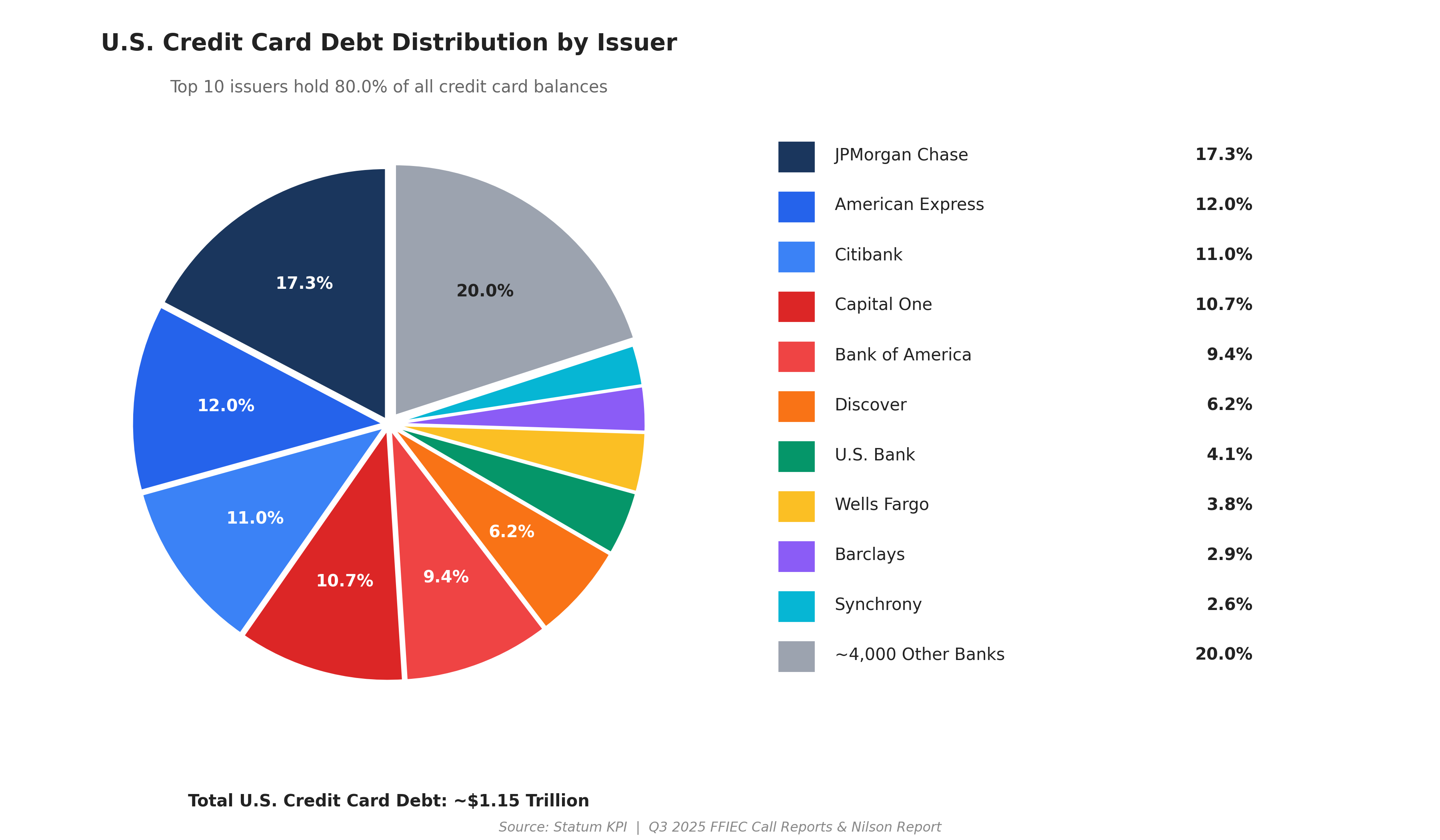Financial Fusion: Can Agile Compliance Rewire Bank partnerships?
 The growing importance of fintech partnerships and AI technologies in modernizing financial services and expanding access was highlighted in a recent House subcommittee field hearing on July 12, 2024. As technology continues to reshape the industry, policymakers and regulators face the challenge of promoting innovation while maintaining appropriate oversight. The testimonies suggested that with the right balance of innovation and regulation, these partnerships and technologies could lead to a more inclusive and efficient financial system. However, notably absent from the discussion was the concept of Agile Compliance and the crucial hierarchy of governance, process, and technology in shaping effective financial innovation.
The growing importance of fintech partnerships and AI technologies in modernizing financial services and expanding access was highlighted in a recent House subcommittee field hearing on July 12, 2024. As technology continues to reshape the industry, policymakers and regulators face the challenge of promoting innovation while maintaining appropriate oversight. The testimonies suggested that with the right balance of innovation and regulation, these partnerships and technologies could lead to a more inclusive and efficient financial system. However, notably absent from the discussion was the concept of Agile Compliance and the crucial hierarchy of governance, process, and technology in shaping effective financial innovation.
The field hearing, titled "Financial Institution-Fintech Partnerships: Leveraging Third-Party Relationships to Increase Access to Financial Services, brought together a diverse panel of experts from both traditional banking institutions and fintech companies. These industry leaders provided insights into the current state of financial innovation, the challenges they face, and the potential benefits of these partnerships. Their testimonies painted a picture of an industry at a crossroads, where the promise of technology meets the complexities of regulation and the responsibilities of consumer protection. The discussions highlighted both the transformative potential of these partnerships and the need for a more structured, governance-first approach to innovation in financial services.
Key testimonies included:
Steve Trager, Executive Chair of Republic Bank & Trust Company
Trager highlighted the benefits of bank-fintech partnerships in serving underserved communities and expanding product offerings. He emphasized Republic Bank's commitment to community development and innovative lending practices. The bank has partnered with fintech companies to offer tax refund solutions, small dollar consumer credit products, and prepaid debit and payroll cards.
Trager stressed the importance of thorough due diligence and ongoing monitoring in these partnerships. He outlined Republic Bank's comprehensive oversight program, which includes risk assessments, regular reporting, and Board involvement. Trager also noted that while adequate regulation exists, it's crucial that Congress monitors regulatory agencies to prevent unnecessary increases in regulation that could stifle innovation.
Kirk Chartier, Chief Strategy Officer at Enova International
Chartier emphasized how AI and machine learning can improve credit decisioning for non-prime consumers and small businesses. Enova serves as both a direct lender and a service provider to community banks, helping them expand their lending capabilities.
Chartier highlighted how Enova's proprietary technology platforms and analytics allow for more accurate credit decisions, often serving consumers and small businesses that traditional banks might overlook. He stressed the need for clear regulatory guidance that fosters innovation while ensuring consumer protection. Chartier also called for action to clarify banks' preemption rights and the risks associated with bank lending programs.
Mike de Vere, CEO of Zest AI
De Vere discussed how AI can reduce bias in lending decisions and increase approvals for minority borrowers. He emphasized that Zest AI's technology is designed to be transparent, compliant, and fair, addressing concerns about AI being a "black box" in decision-making.
De Vere highlighted how Zest AI's models have been shown to increase loan approvals for minority and female borrowers while maintaining or improving loan performance. He stressed the importance of using ethically sourced, representative data to build AI models that can make fair and accurate lending decisions.
De Vere also called for regulatory clarity that encourages responsible innovation, arguing that well-designed AI tools can actually enhance compliance with existing fair lending laws.
Karen Harbin, President and CEO of Commonwealth Credit Union
Harbin shared how partnering with Zest AI improved their loan approval rates and automated decisioning process. She noted that since implementing Zest AI's technology, Commonwealth Credit Union has been able to approve more loans, especially to minority and female borrowers, without increasing risk.
Harbin emphasized the importance of these partnerships for smaller financial institutions like credit unions, which often lack the resources to develop advanced technologies in-house. She cautioned against overly burdensome regulations that could disadvantage smaller institutions and limit their ability to innovate and serve their communities.
Amy Roberti, Head of Global Policy at Stripe
Roberti explained how Stripe's technology helps businesses of all sizes access financial services and expand globally. She highlighted Stripe's role in powering the digital transformation of both large corporations and small businesses, providing tools for payments, analytics, fraud prevention, and more.
Roberti emphasized the growth of internet commerce across various states, including significant growth in rural areas. She called for policies to support bank-fintech partnerships, provide a federal framework for payment companies, accelerate the digitization of government services, and foster a culture of innovation.
A critical concept noticeably absent from the hearing was Agile Compliance, a framework that could reshape the hierarchy of governance, process, and technology in financial compliance. Unlike current fintech-banking partnerships where technology invariably drives process and limits governance, Agile Compliance proposes a fundamental shift: governance should dictate process, which then drives technology. This governance-first approach aligns with regulatory guidelines, offers a more effective way to manage risks, and is essential for the sustainable success of fintech partnerships. Ultimately, the effective adoption of modern technology in the financial sector hinges on governance driving process, which in turn drives technology implementation.
Key takeaways from the hearing:
1. Active cooperation between banks and fintechs: The testimonies demonstrated that both traditional financial institutions and fintech companies are actively working to cooperate. This collaboration is driving innovation in areas such as credit decisioning, payment processing, and financial inclusion. The partnerships between entities like Republic Bank & Trust Company and fintech providers, or Commonwealth Credit Union's use of Zest AI's technology, showcase the potential benefits of these collaborations. As Steve Trager of Republic Bank & Trust Company noted, these partnerships allow smaller banks to compete with larger institutions, expanding their reach from 120,000 local customers to a client base of 3 million.
2. Regulatory ambiguity is a significant challenge: While innovation is progressing, the hearing highlighted that regulatory uncertainty remains a major obstacle. Chairman Andy Barr pointed out that recent joint recommendations from key regulatory bodies may be creating ambiguity for banks in assessing risk and overseeing their relationships with third parties. A more prescriptive approach from regulators, such as the Agile Compliance framework, could potentially accelerate the adoption of new technologies. Clear guidelines on how to implement AI responsibly, manage data ethically, and structure fintech partnerships would provide the confidence many financial institutions need to embrace innovation fully.
3. Technology modernization is imperative: Technologies such as AI and payment are advancing at a very rapid pace, and more success stories like those shared in the hearing will encourage banks currently sitting on the sidelines to take action. The experiences shared by companies like Stripe and Zest AI demonstrate the transformative potential of these technologies in expanding financial access and improving operational efficiency. For instance, Stripe's partnerships have enabled them to process $1 trillion in payment volume, equivalent to 1% of global GDP, while also facilitating loans to businesses that might not have qualified for traditional lending.
For future discussions and policy-making, it's imperative that concepts like Agile Compliance are brought to the forefront. Only by addressing the fundamental structure of how governance, process, and technology interact can we ensure that financial innovation truly serves its intended purpose while maintaining the stability and integrity of the financial system. The goal should be to promote rules that both protect consumers and encourage innovation, elevating compliance and fairness beyond mere checkboxes. Instead, governance should drive the pursuit of fairness as a core outcome, not just a by-product. This approach aligns with the essence of Agile Compliance in the evolving landscape of financial services. As more success stories emerge and regulatory clarity improves, we can expect to see an acceleration in the adoption of innovative technologies across the banking sector, ultimately benefiting consumers and businesses alike.
Posts by Tag
- big data (41)
- advanced analytics (38)
- business perspective solutions (30)
- predictive analytics (25)
- business insights (24)
- data analytics infrastructure (17)
- analytics (16)
- banking (15)
- fintech (15)
- regulatory compliance (15)
- risk management (15)
- regtech (13)
- machine learning (12)
- quantitative analytics (12)
- BI (11)
- big data visualization presentation (11)
- community banking (11)
- AML (10)
- social media (10)
- AML/BSA (9)
- Big Data Prescriptions (9)
- analytics as a service (9)
- banking regulation (9)
- data scientist (9)
- social media marketing (9)
- Comminity Banks (8)
- financial risk (8)
- innovation (8)
- marketing (8)
- regulation (8)
- Digital ID-Proofing (7)
- data analytics (7)
- money laundering (7)
- AI (6)
- AI led digital banking (6)
- AML/BSA/CTF (6)
- Big Data practicioner (6)
- CIO (6)
- Performance Management (6)
- agile compliance (6)
- banking performance (6)
- digital banking (6)
- visualization (6)
- AML/BSA/CFT (5)
- KYC (5)
- data-as-a-service (5)
- email marketing (5)
- industrial big data (5)
- risk manangement (5)
- self-sovereign identity (5)
- verifiable credential (5)
- Hadoop (4)
- KPI (4)
- MoSoLoCo (4)
- NoSQL (4)
- buying cycle (4)
- identity (4)
- instrumentation (4)
- manatoko (4)
- mathematical models (4)
- sales (4)
- 2015 (3)
- bitcoin (3)
- blockchain (3)
- core banking (3)
- customer analyitcs (3)
- direct marketing (3)
- model validation (3)
- risk managemen (3)
- wearable computing (3)
- zero-knowledge proof (3)
- zkp (3)
- Agile (2)
- Cloud Banking (2)
- FFIEC (2)
- Internet of Things (2)
- IoT (2)
- PPP (2)
- PreReview (2)
- SaaS (2)
- Sales 2.0 (2)
- The Cloud is the Bank (2)
- Wal-Mart (2)
- data sprawl (2)
- digital marketing (2)
- disruptive technologies (2)
- email conversions (2)
- mobile marketing (2)
- new data types (2)
- privacy (2)
- risk (2)
- virtual currency (2)
- 2014 (1)
- 2025 (1)
- 3D printing (1)
- AMLA2020 (1)
- BOI (1)
- DAAS (1)
- Do you Hadoop (1)
- FinCEN_BOI (1)
- Goldman Sachs (1)
- HealthKit (1)
- Joseph Schumpeter (1)
- Manatoko_boir (1)
- NationalPriorites (1)
- PaaS (1)
- Sand Hill IoT 50 (1)
- Spark (1)
- agentic ai (1)
- apple healthcare (1)
- beneficial_owener (1)
- bsa (1)
- cancer immunotherapy (1)
- ccpa (1)
- currency (1)
- erc (1)
- fincen (1)
- fraud (1)
- health app (1)
- healthcare analytics (1)
- modelling (1)
- occam's razor (1)
- outlook (1)
- paycheck protection (1)
- personal computer (1)
- sandbox (1)
Recent Posts
Popular Posts
Source: “When Community Banks Get the Credit: A...
Here is a funny AI story.
Every community bank CEO now faces unprecedented...



